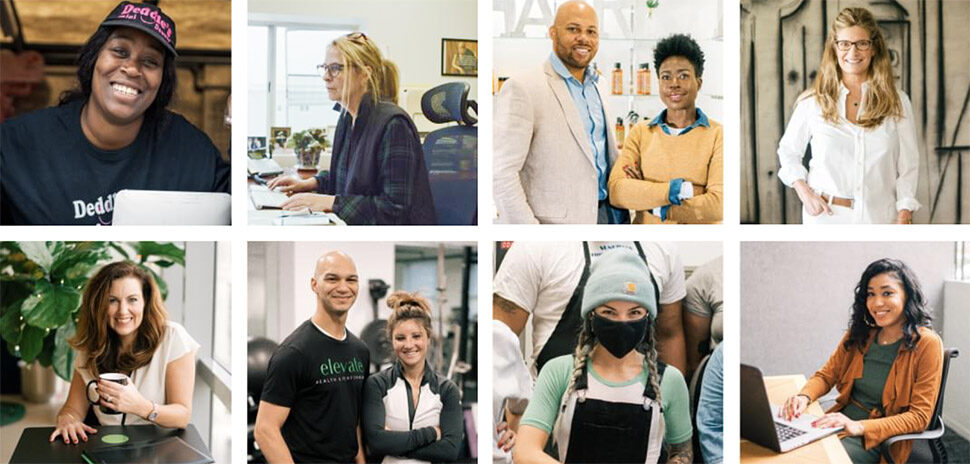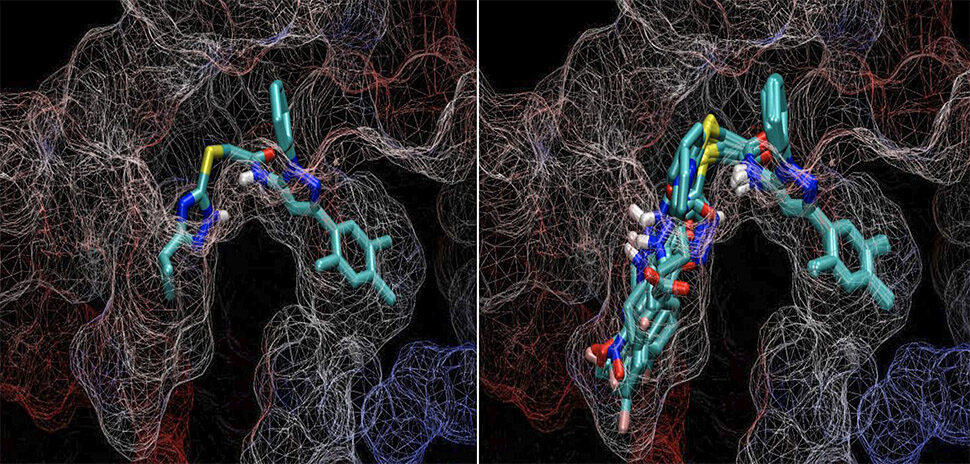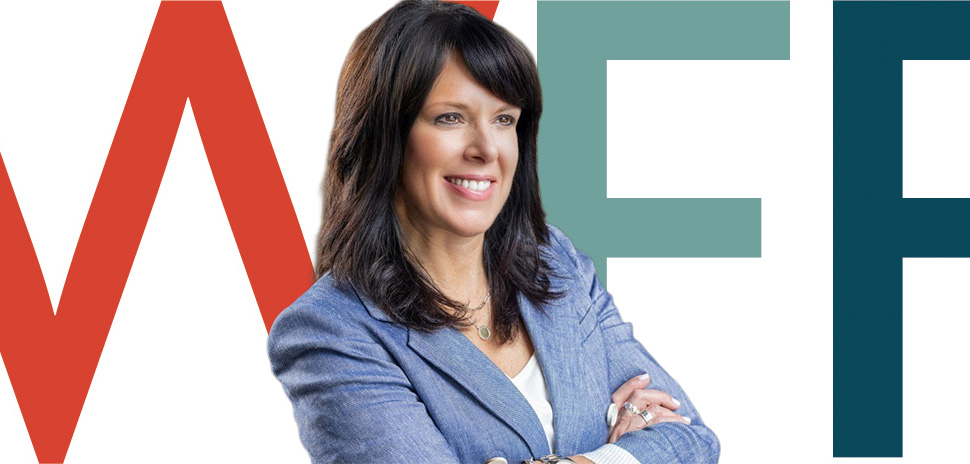Applying to college is a rigorous process, requiring a boatload of information.
Not only do admissions offices of colleges and universities want to see grades and coursework, they want to know a student’s extra-curricular activities, particularly those involving community service.
Coppell-based intelliVOL helps high school guidance counselors and students track those community service hours through its proprietary product, x2VOL.
And now, thanks to intelliVOL’s newly announced partnership with digital credential service Parchment, a college-bound high-school student can bundle community service with academic transcripts, and ship them off to admissions departments.
“This partnership makes it easier to get quality information about community service — not just numbers — into the hands of more admissions officers which, can be a real advantage in the admissions process.”
Michele Pitman
The partnership integration has begun, with the official launch planned for August 2017, in time for the start of the traditional college application schedule.
“With x2VOL and Parchment, districts and counselors can get out of the business of keeping spreadsheets, trying to judge the value of various projects and conveying student accomplishments to colleges, thus saving valuable time for formation, actual counseling, and advising,” said Michele Pitman, founder and CEO of intelliVOL, in a release.
“This partnership makes it easier to get quality information about community service — not just numbers — into the hands of more admissions officers which, can be a real advantage in the admissions process.”
The intelliVOL/Parchment partnership is more than about digitizing information, however. Community service is important to both companies.
“Community service can help tell a great story about a potential college student — the things they care about and invest in and the types of connections they make in their communities. Admissions officers want to know those things,” said Parchment CEO Matthew Pittinsky, adding that such service is also important for its long-term impacts on communities and organizations that are served.
“In most cases, both are made better for it and, we’re proud to do whatever we can to highlight and incentivize it,” he said.





























